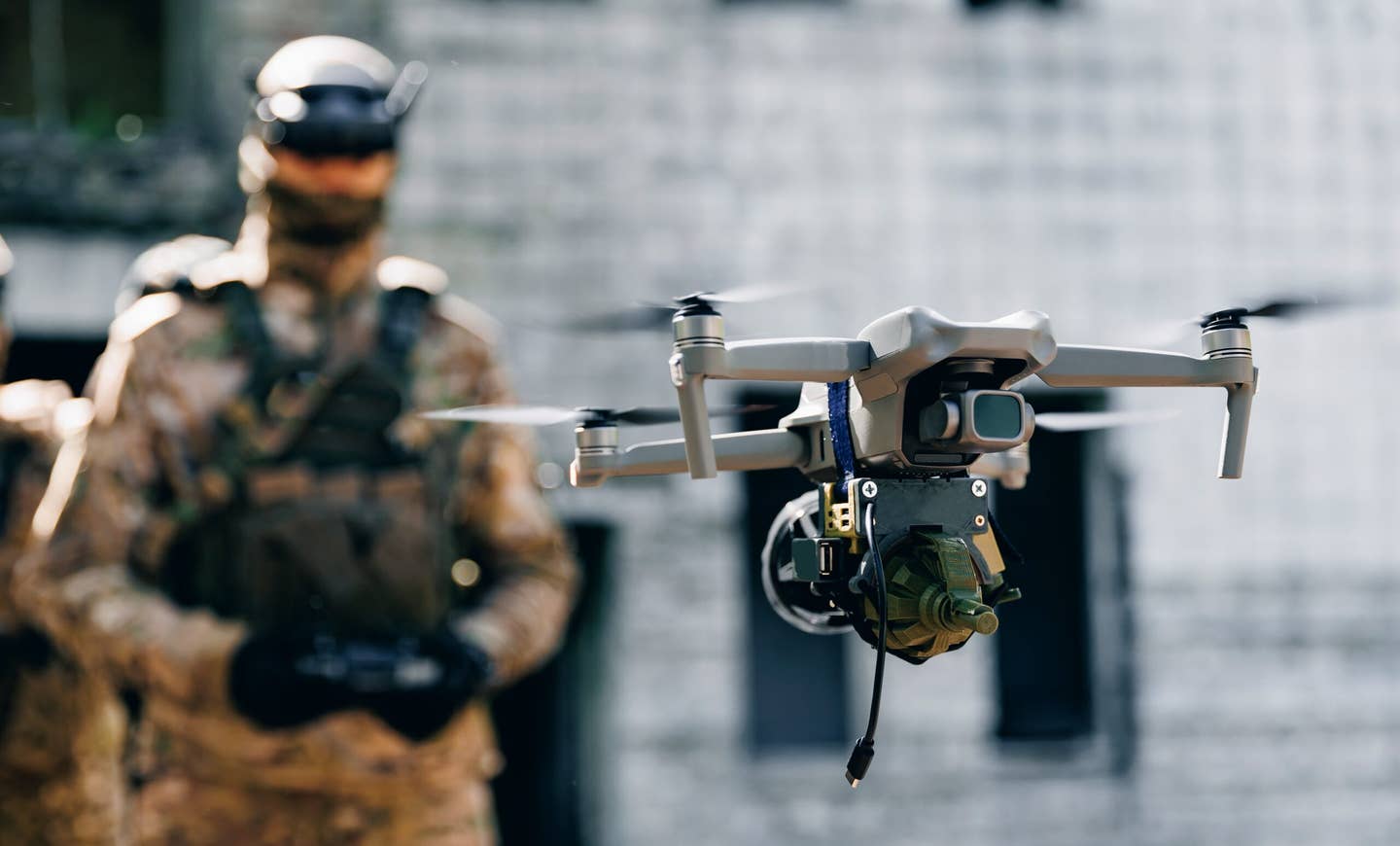Lilium Begins eVTOL Flight Tests in Spain
Germany-based electric vertical takeoff and landing (eVTOL) air taxi developer Lilium has begun flying its fifth generation air taxi demonstrator at a facility in Villacarrillo, Spain.

Lilium says it expects to earn EASA type certification for its ducted fan eVTOL in 2025, one year later than originally planned. [Courtesy: Lilium]
Germany-based electric vertical takeoff and landing (eVTOL) aircraft developer Lilium (NASDAQ: LILM) has begun flying its fifth-generation demonstrator at a facility in Villacarrillo, Spain.
Lilium made the announcement Monday in an Instagram post, showing video of its electric powered ducted fan aircraft Phoenix 2 taking flight.
“We've begun the next phase of our flight testing at the ATLAS Flight Center in Spain with the first hover flights,” Lilium said in the post. “We plan to conduct a full campaign including extending the flight envelope through to full transition and high-speed flight.”
The company also intends to add an additional demonstrator aircraft—Phoenix 3—which is expected to begin flying at the test facility this summer. Lilium says the new eVTOL will result in a significantly accelerated flight test campaign and allow engineers to learn more about the developing technology.
Timeline Extended for Type Certification
The announcement came a few days after Lilium alerted investors it expects to achieve EASA type certification for its Lilium Jet seven-seat production aircraft sometime in 2025—a year later than its initial estimate. In an SEC filing, Lilium blamed the delay on the “current status of our design activities and our discussions with regulators and suppliers, as well as current supply chain dynamics.”
Lilium’s propulsion system uses ducted fans embedded across the aircraft’s wings and forward canards. In February, following a preliminary design review, the company said it was reducing the number of ducted fan propulsors in its aircraft from 36 to 30.
The decision will result in reduced total aircraft weight as well as improved aerodynamic balance, Lilium said.
Engineers working with ducted fan propulsor technology typically face challenges related to high disc loading. (Disc load is defined as the total aircraft weight divided by the aggregate area of the lift rotors on the aircraft.) For this reason, ducted fan designs traditionally require more thrust and more powerful battery systems than alternative propulsion systems, such as tilt rotors.
Lilium has said it aims to mitigate high disc load with an extremely efficient cruise flight and an optimized fixed wing architecture.
According to its website, the Lilium Jet eVTOL is designed to fly zero-emission routes between 40 and 200 km (22 and 108 nm) at speeds up to 300 km/h (162 knots).
Deals with Azul, NetJets, and FlightSafety International
The company has had significant success forging global partnerships in anticipation of the Lilium Jet. Last year, Lilium announced a provisional agreement with Brazilian airline Azul to buy $1 billion in Lilium aircraft. Last month, it announced partnerships with NetJets and FlightSafety International.
NetJets also said it will run flight operations for a Lilium air taxi route network planned for Florida.

Sign-up for newsletters & special offers!
Get the latest FLYING stories & special offers delivered directly to your inbox






